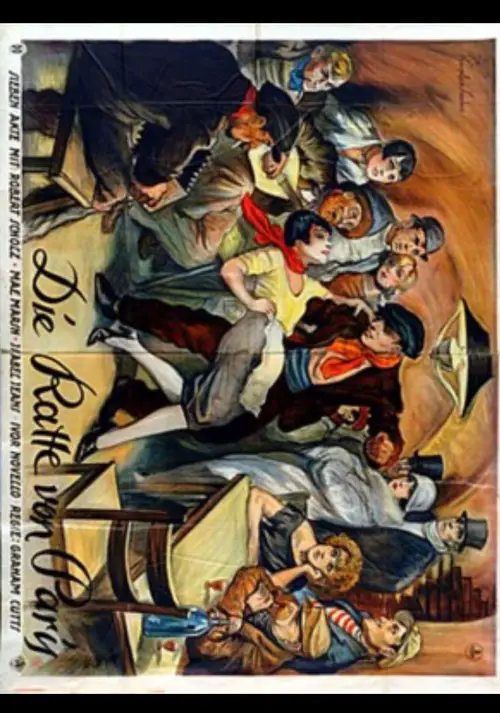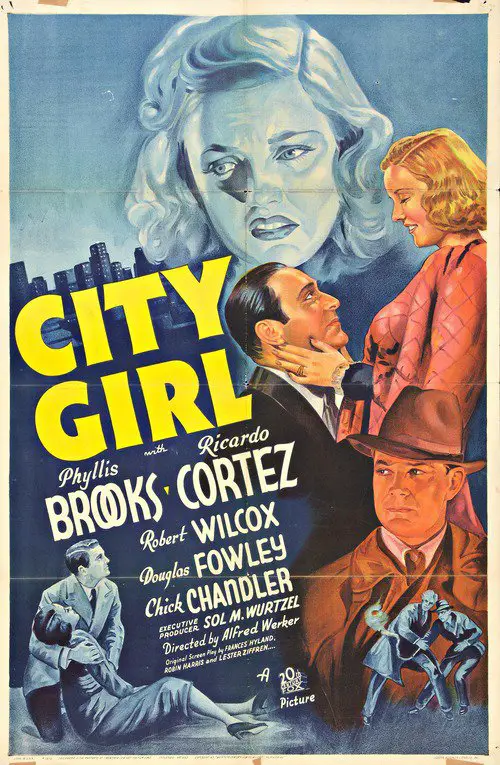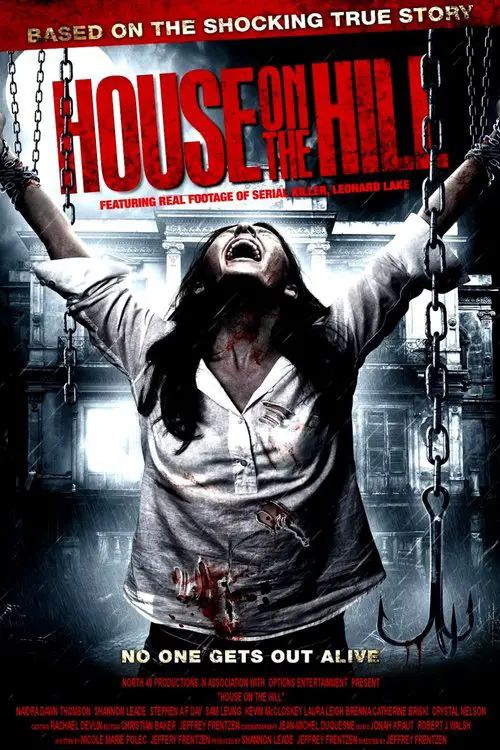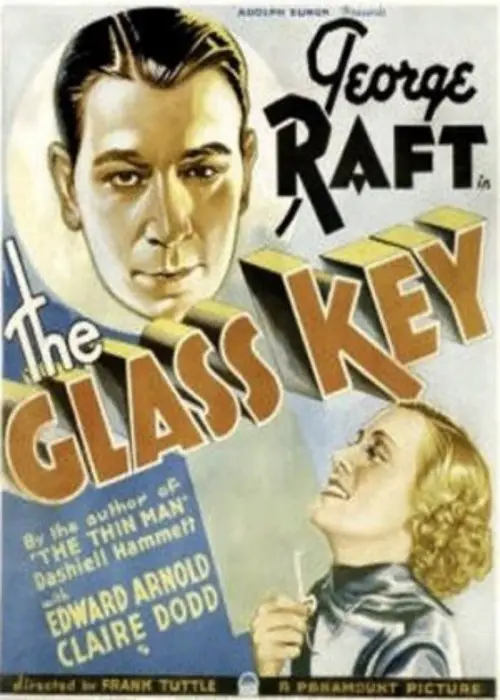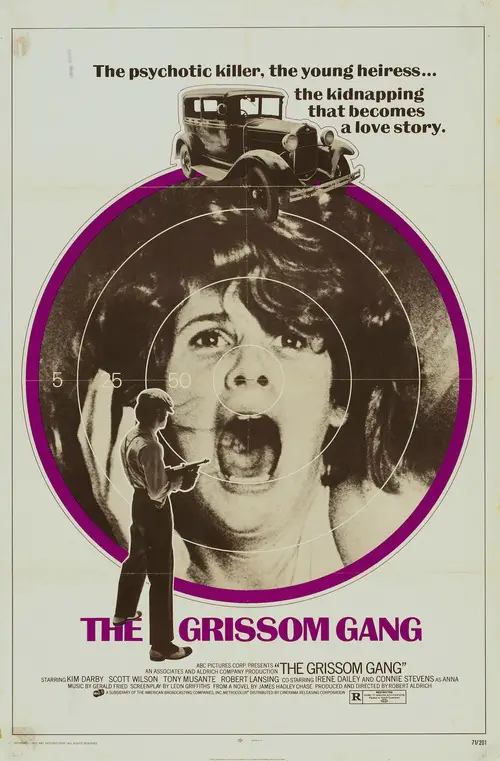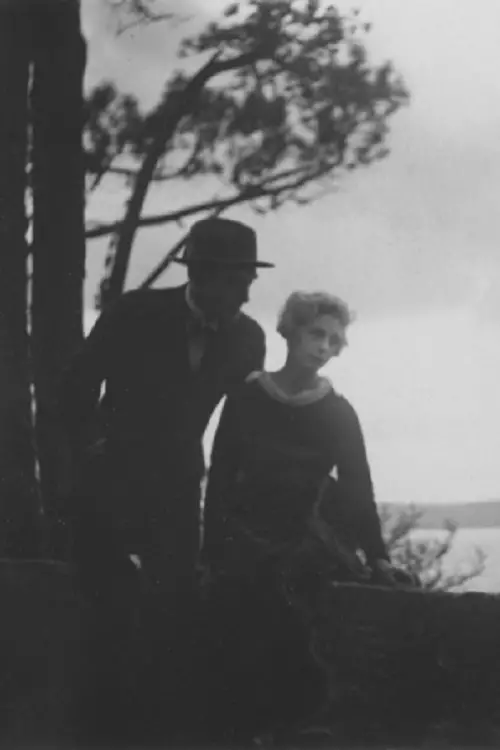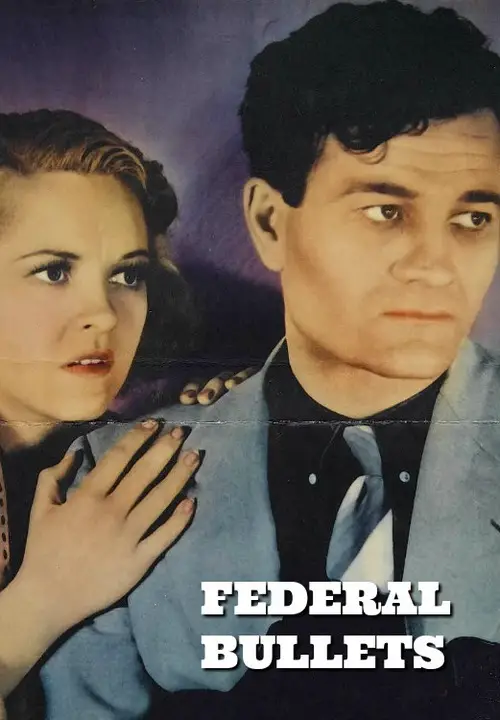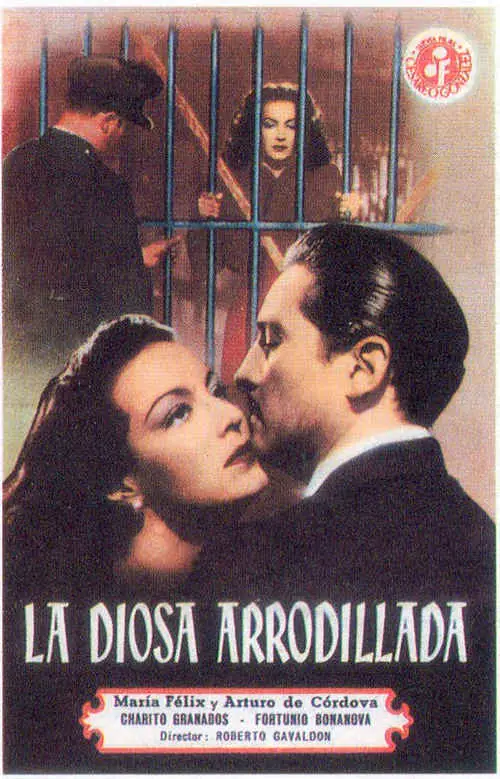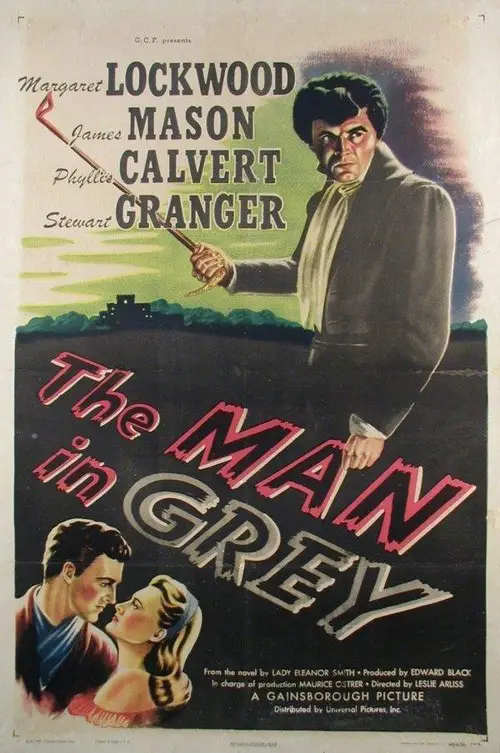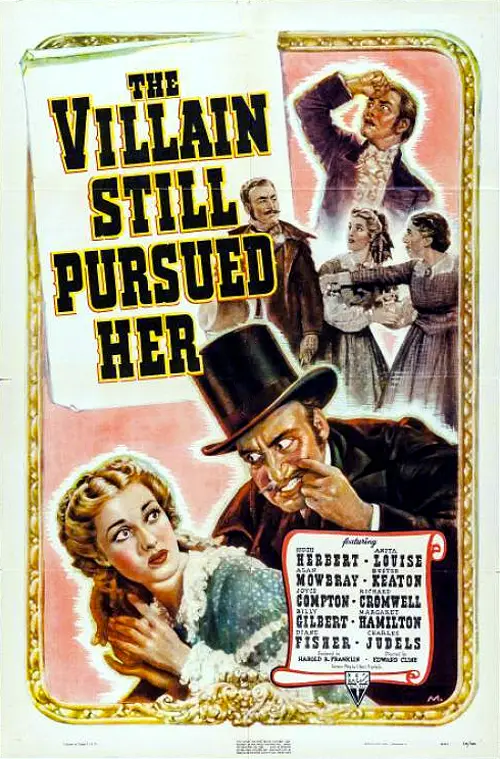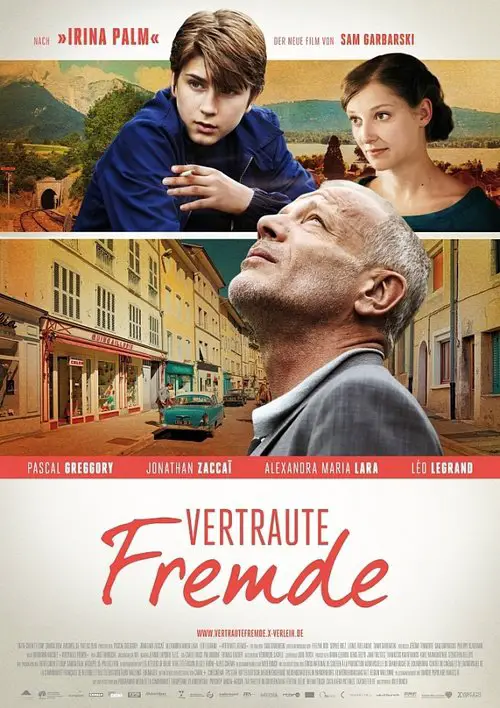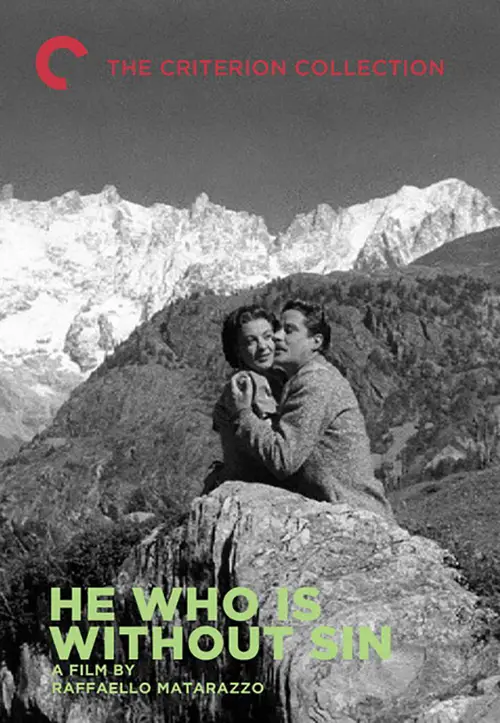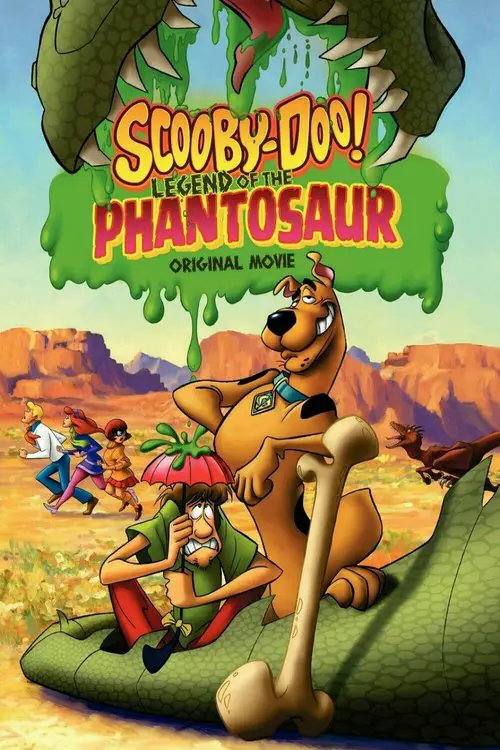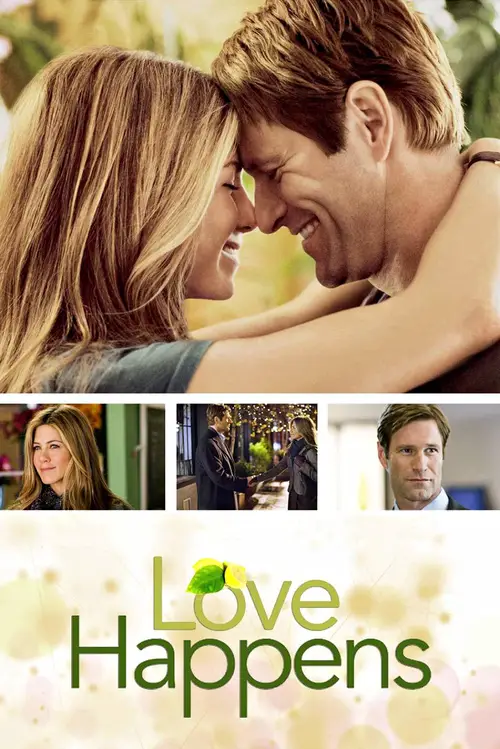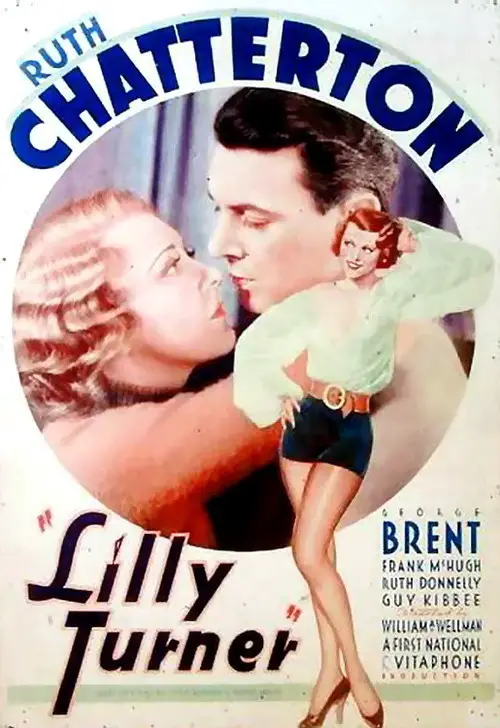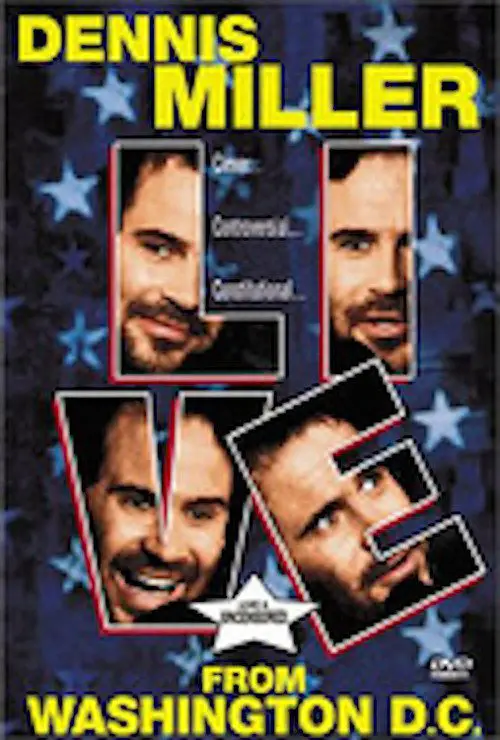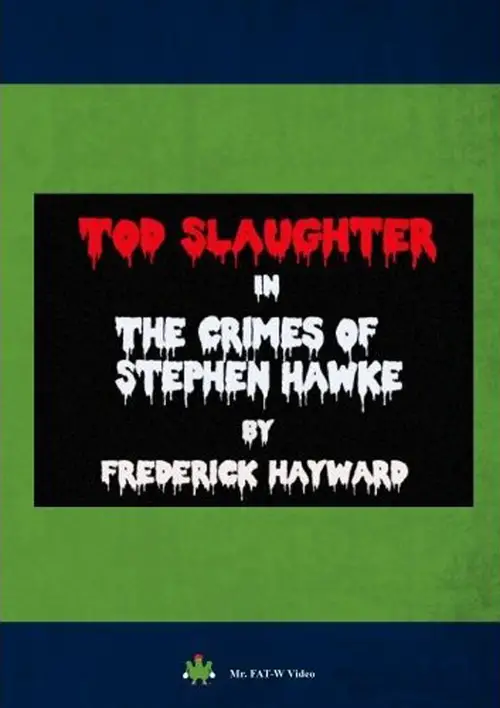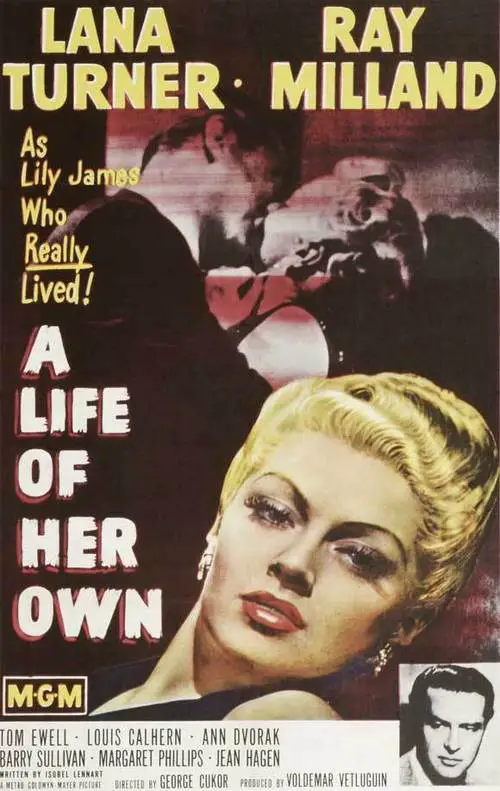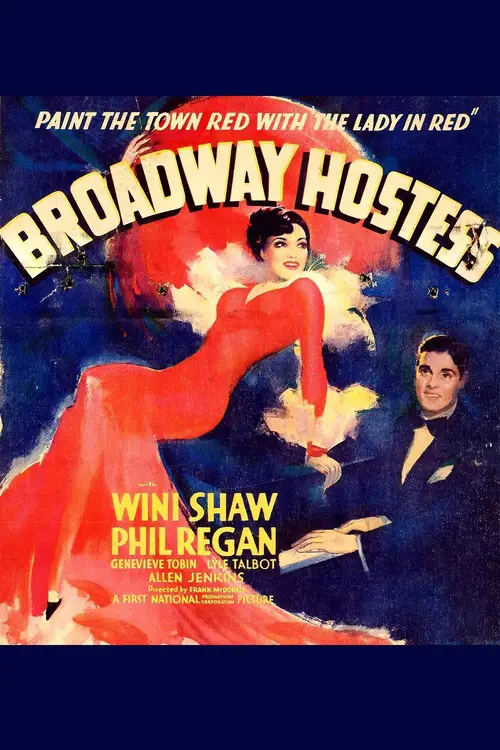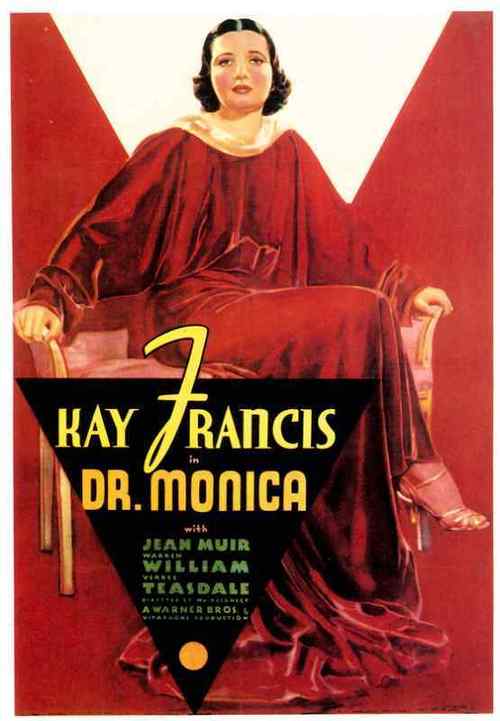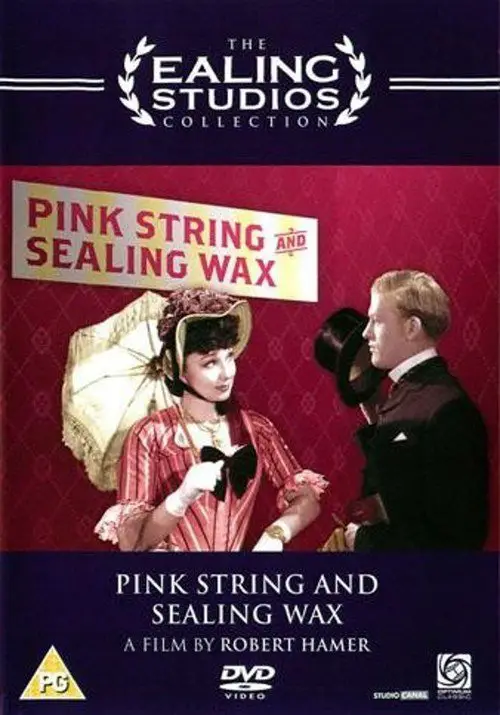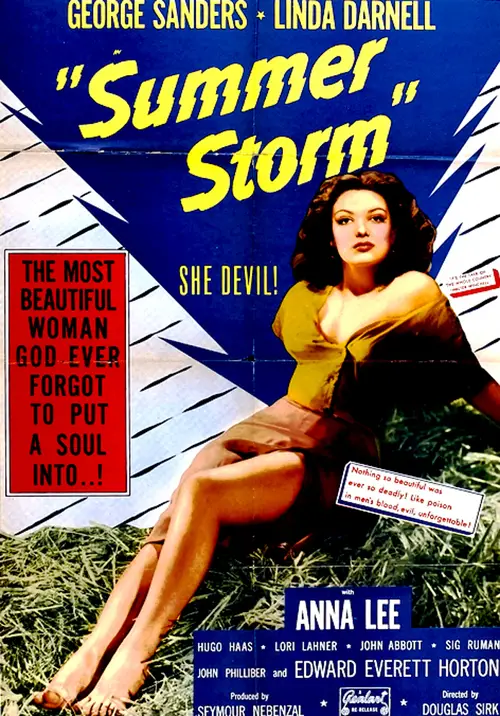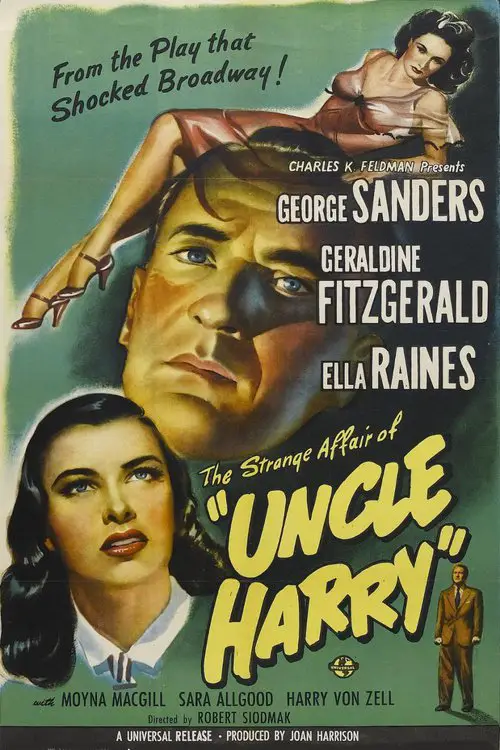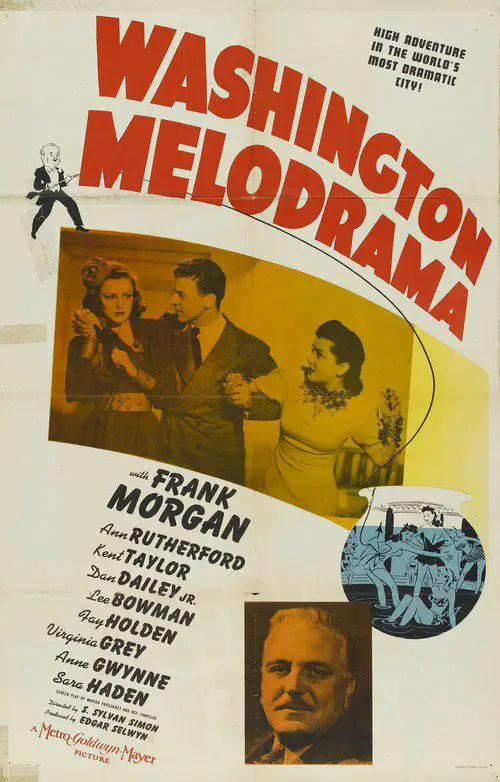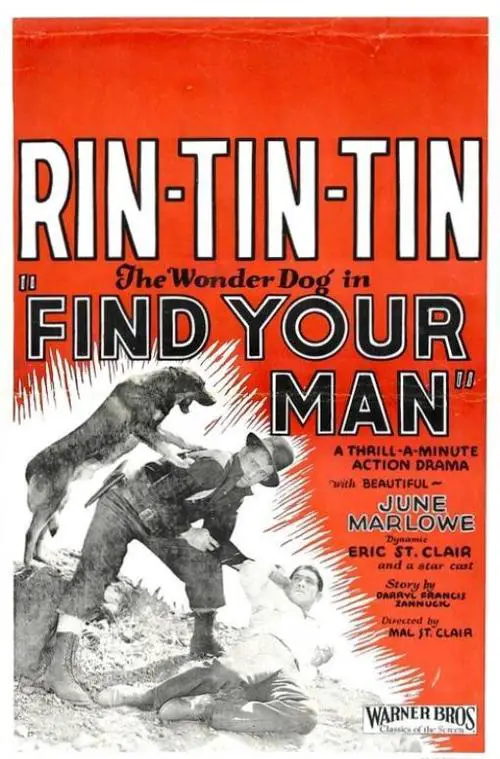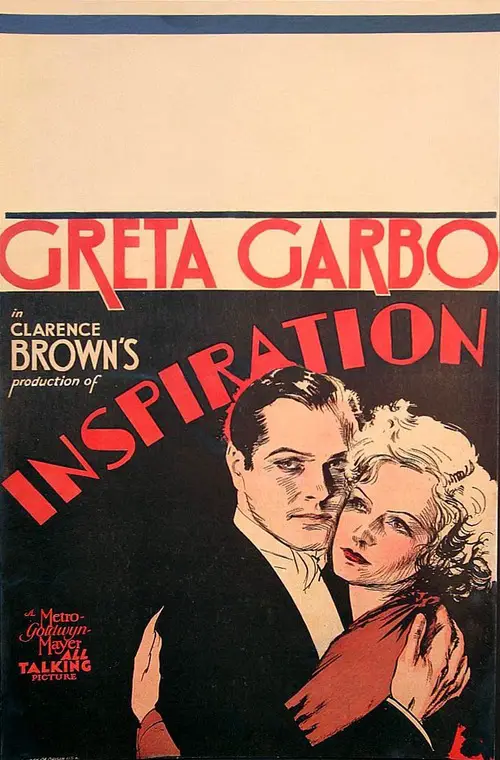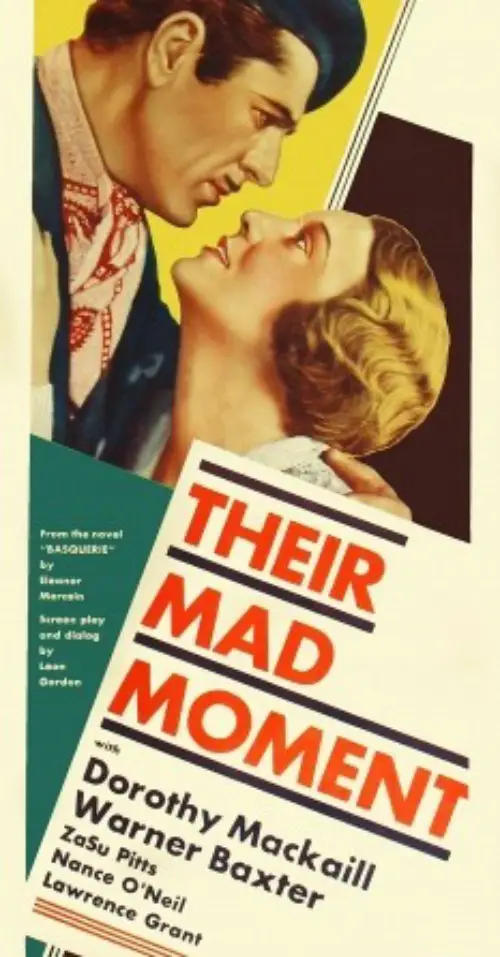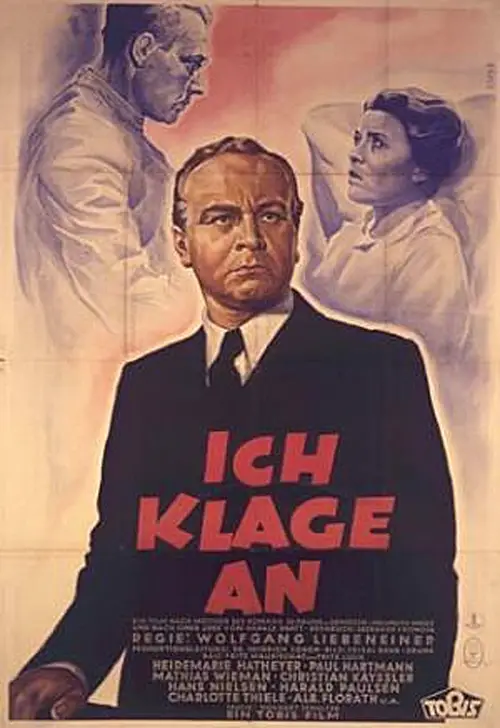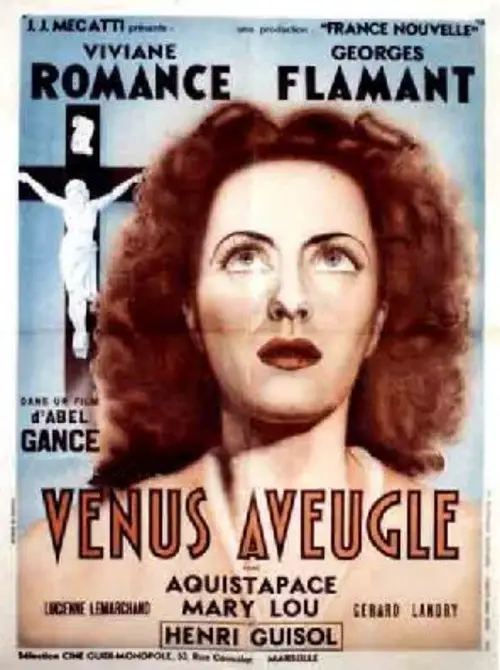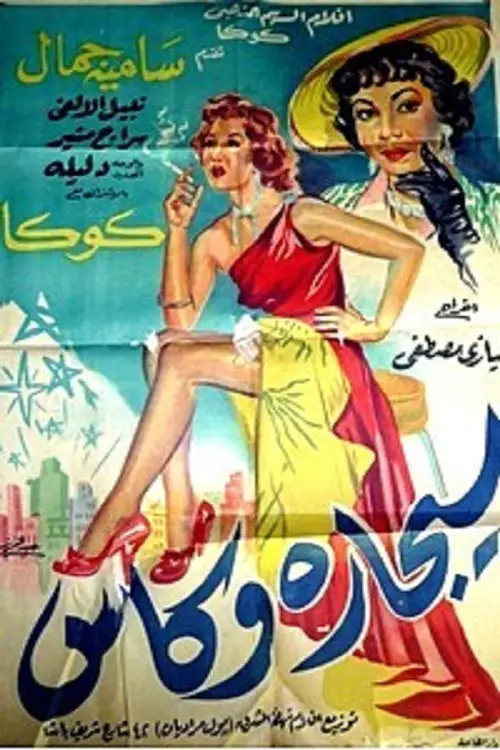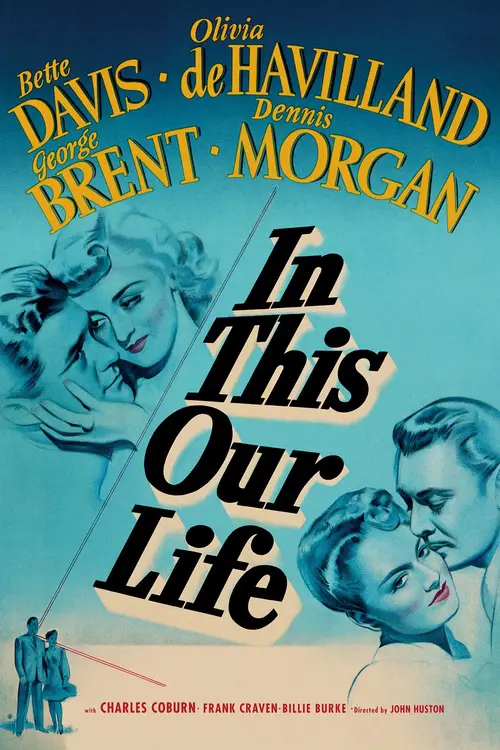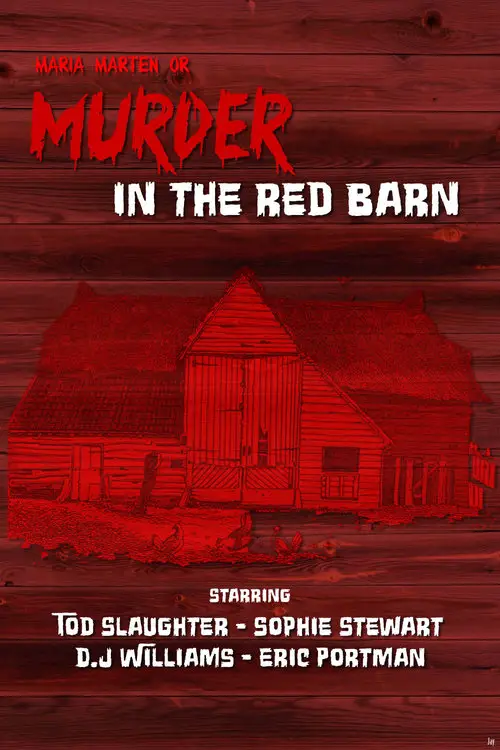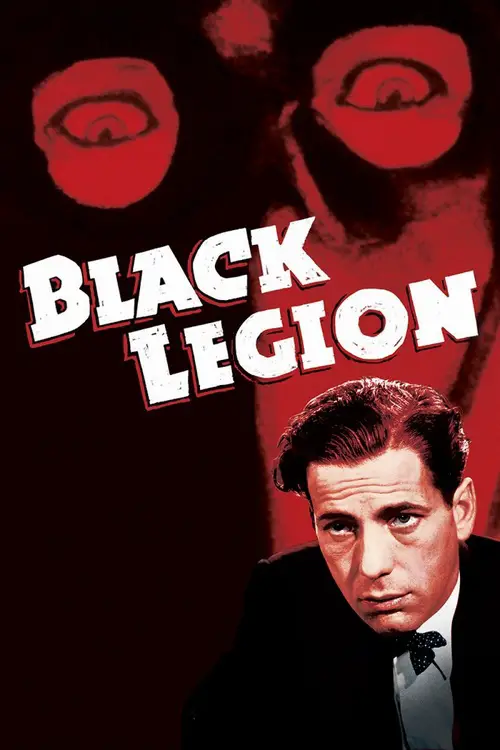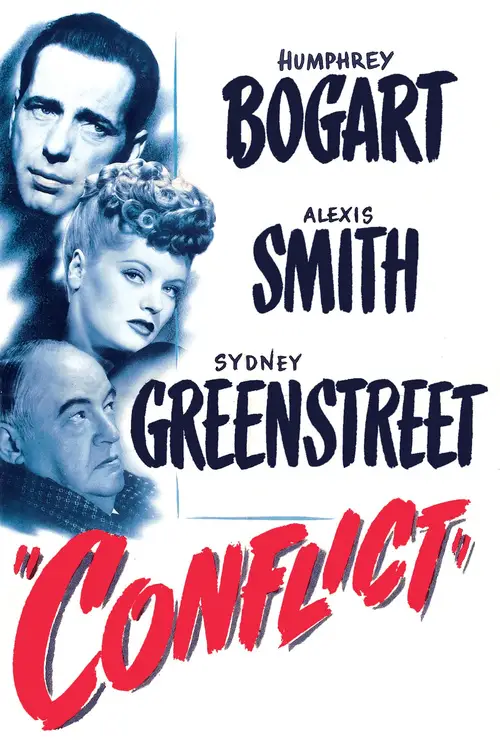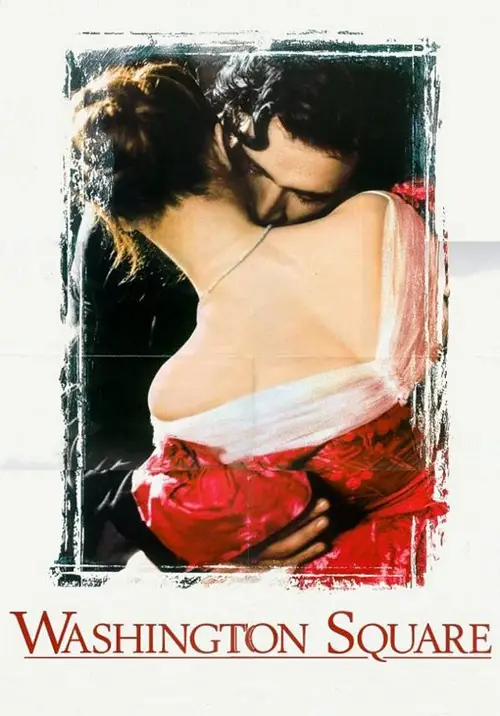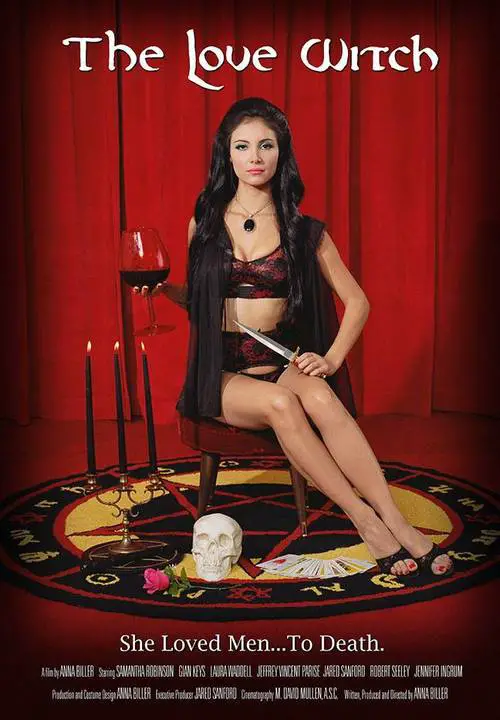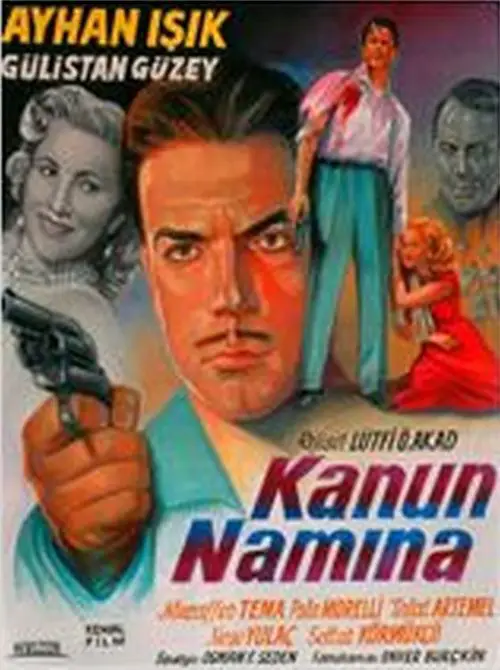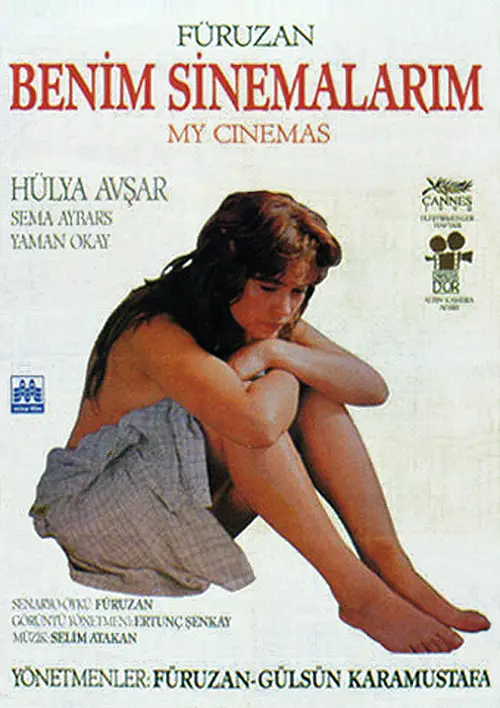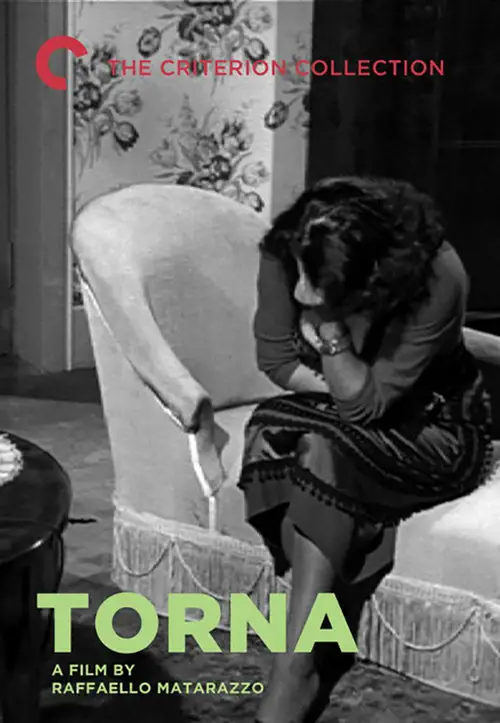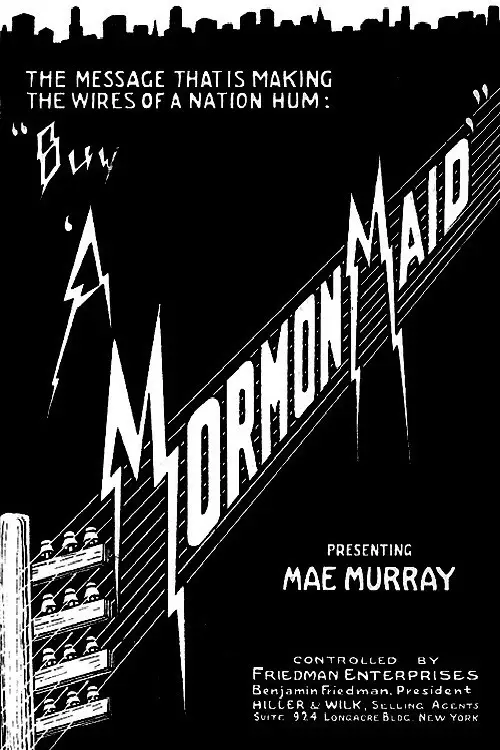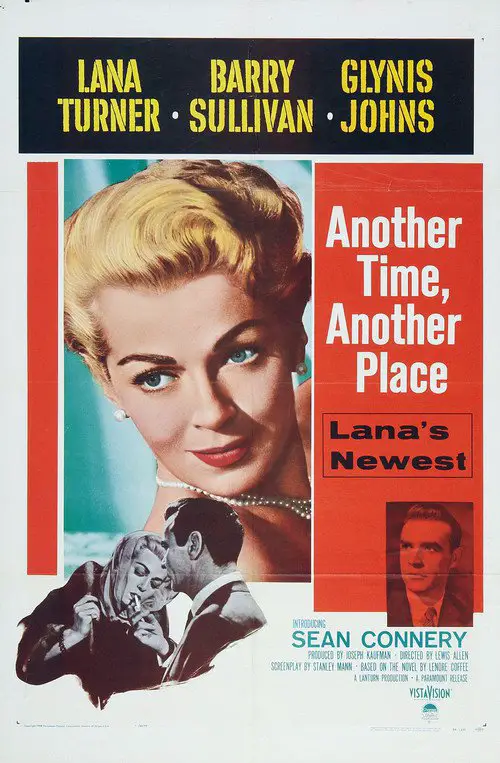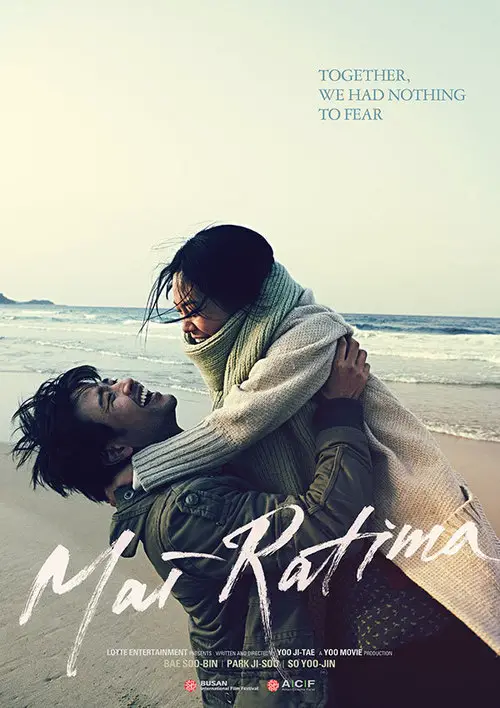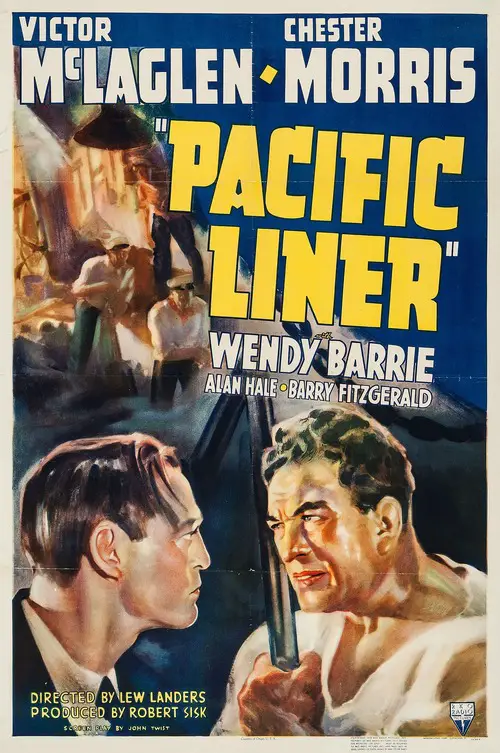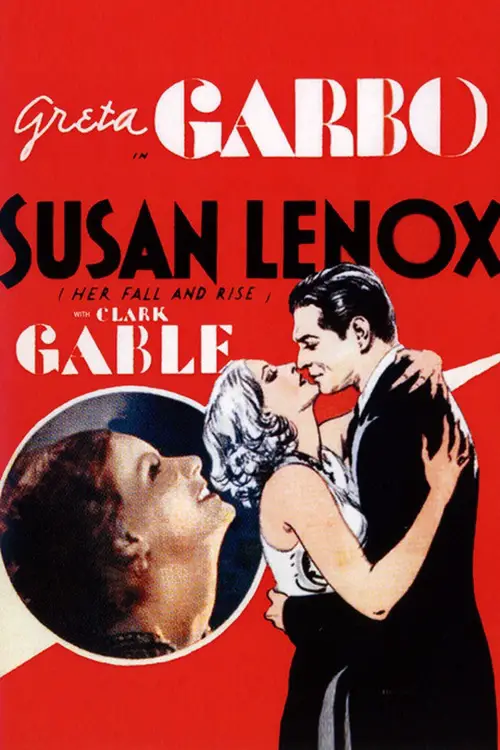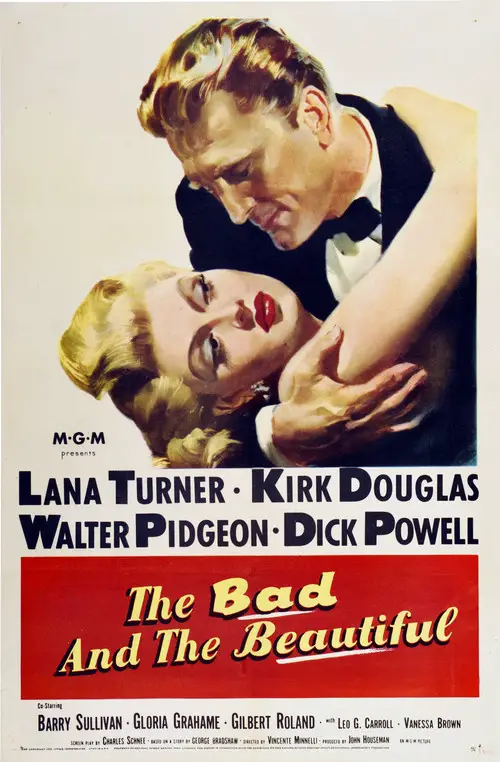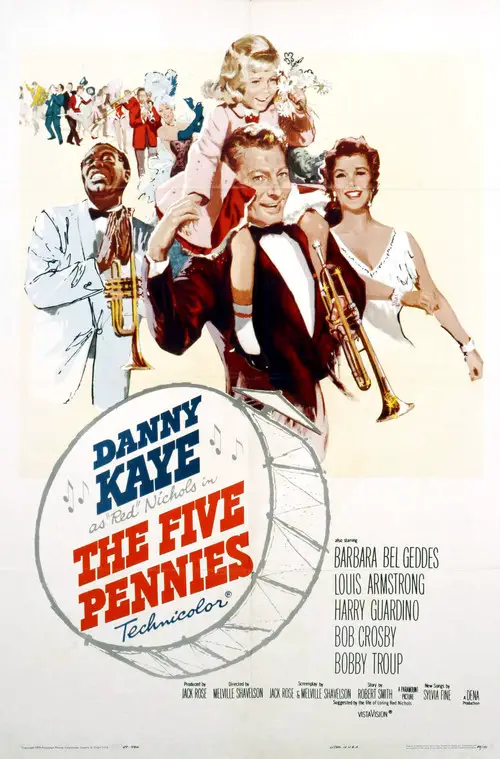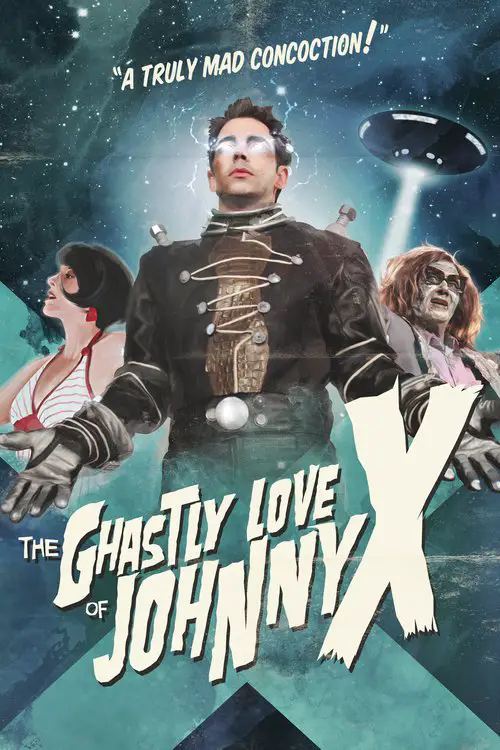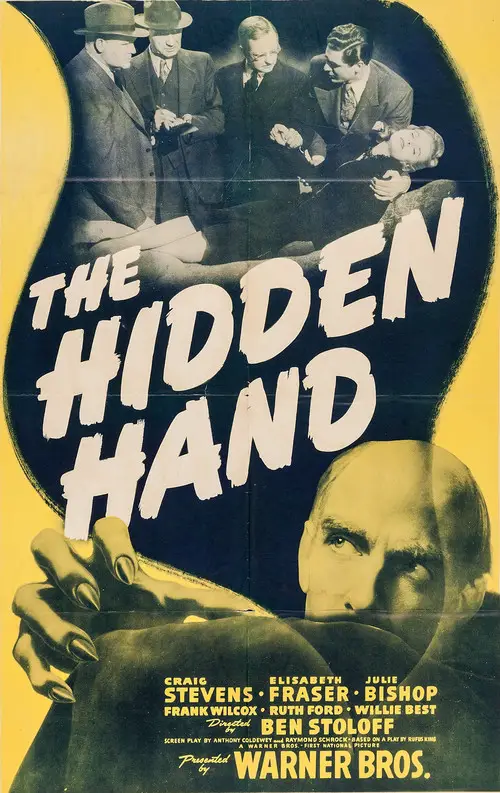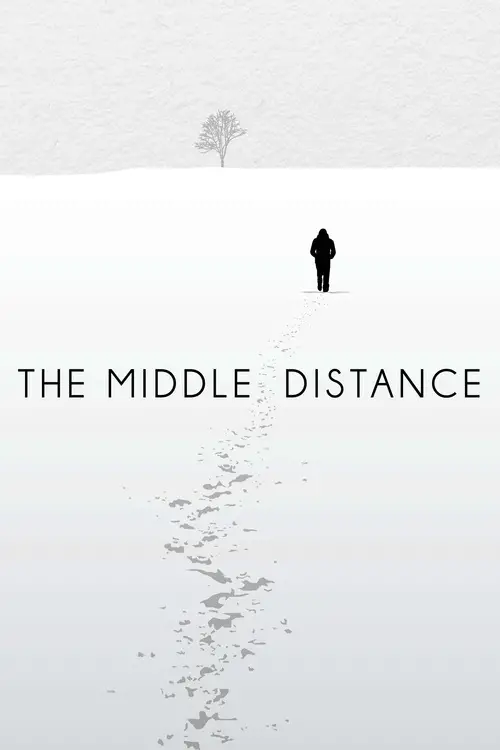They Were So Young (1954)
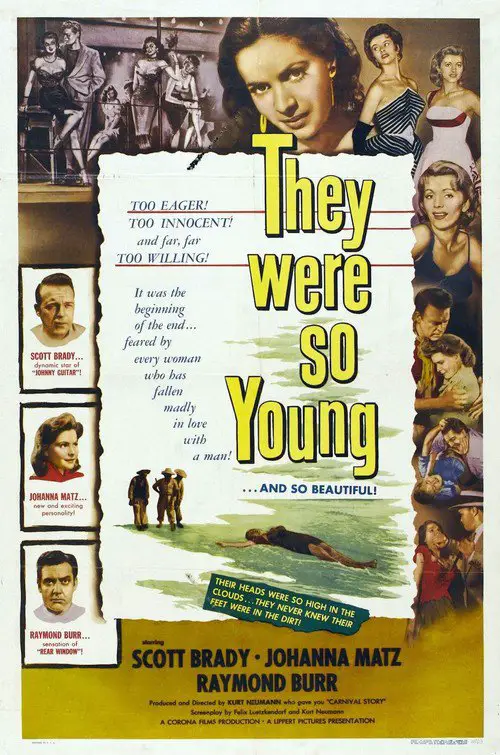
Similar movies
When bored courtesan Zelie de Chaumet begs her lover, the corrupt and powerful Stetz, to take her slumming, the pair encounter Pierre Boucheron, alias 'The Rat' , boy-king of the Paris underworld, and the innocent Odile. Love, life and jewels are risked and lost in this powerful romantic melodrama as the four characters' lives are changed by this chance encounter for ever.
In this tearful crime melodrama, a waitress becomes so taken with her dream of living in posh luxury and comfort that she leaves her honest boyfriend the district attorney to take up with a notorious gangster who lavishes her with stolen furs and fabulous diamonds. She has no idea that the crook is only using her as a pawn in his scheme to learn the DA's secrets. When she finally does learn the truth, she gives up her life for truth, justice and love.
In this crime melodrama, a Swiss woman finds herself unwittingly involved in a plot to steal from her employer, a London diamond merchant. Her boyfriend is behind the scheme. First he sends two accomplices disguised as German jewelers to see the boss. He is not fooled by their ruse and is killed while the woman is knocked unconscious. She awakens with amnesia and begins aimlessly wandering the London streets. Thinking that his girl has squealed to the police, her boy friend begins scouring the town to find her. Meanwhile, she is taken in by a boxer who returns to the ring to win the money needed to get her out of the country. Trouble ensues when her lover finally finds her after the match and begins beating on the exhausted fighter.
Based on a true story, HOUSE ON THE HILL is a true crime melodrama with strong horror elements, chronicling the outrageous 1980s murder spree of serial killer Leonard Lake, who would target, kidnap, rob and kill people -- and even whole families. Sonia, the only survivor of Lake's killing spree, teams up with a private investigator to help him locate a woman who disappeared into Lake's compound. In the process, Sonia recounts the horrors of the house, where Lake and his accomplice would force her to videotape the killings.
Adapted from one of Dashiell Hammett's best novels, The Glass Key is a lively and straightforward melodrama of political corruption and urban intrigue. George Raft plays Ed Beaumont, the right-hand man to genial ward heeler Paul Madvig (Edward Arnold), who wants to clean up his political act. On the eve of a major election, Madvig is implicated in a murder, and it's up to Beaumont to help him out.
The Grissom Gang is a remake of the notorious 1949 British melodrama No Orchids For Miss Blandish. Kim Darby plays a 1920s-era debutante who is kidnapped and held for ransom. Her captors are the Grissoms, a family comprised of sadists and morons, and headed by Ma Barker clone Irene Dailey. One of the Grissoms, played by Scott Wilson, takes a liking to his prisoner, which results in a bloody breakdown of the family unit. Both The Grissom Gang and the original No Orchids For Miss Blandish were inspired by the best-seller by James Hadley Chase, though neither film retains Chase's original ending.
Federal Bullets is a leisurely paced Monogram crime melodrama with not a few clever plot twists. The FBI, represented by Milburn Stone and William Harrigan, investigates a seemingly respectable charitable organization. In fact, the enterprise is a front for a crime ring, headed by Ma Barker clone Zeffie Tilbury (Trivia note: Ms. Tilbury was totally blind, and had to learn her "blocking" by rote).
Legendary superstar MarÃa Félix, stars in this melodrama noir playing the role of Raquel, a woman who has a passionate love affair with married aristocrat Antonio. However, a sensual sculpture untitled âThe Kneeling Goddessâ and modeled after Raquel will lead Antonio down a memory lane he'd rather soon forget.
Victorian melodrama gets a big send-up in this spoof production of the old play "The Drunkard; or, The Fallen Saved." The play within the movie is the old one where evil villain Cribbs schemes to get his lusty clutches on the heroine by driving her naive husband to alcoholic ruin. Luckily, a temperance lecturer is on hand to set things straight, as is the great Buster Keaton as the drunkard's brother.
A relaxing spa getaway evolves into a prehistoric panic when Scooby-Doo and the gang uncover the horrible Phantosaur, an ancient legend come to life to protect hidden treasures buried in secret desert caves. But this scare-a-saurus doesnât stand a chance with Shaggy around, after he finds his inner hero with the help of new-age hypnosis. Like, it makes him more brave and less hungry!
The film features a change of pace for comic actor Petchtai, who offers a sombre, dramatic portrayal of a taxicab driver who develops a relationship with a young woman (Woranut, in her debut feature film role) who is working in a massage parlor. The film has dream sequences that place the characters in scenes that might have come from a classic Thai melodrama film of the 1960s or 70s, with a dubbed soundtrack, which was a common method of filmmaking in the era.
Dr. Burke Ryan (Eckhart) is a successful self-help author and motivational speaker with a secret. While he helps thousands of people cope with tragedy and personal loss, he secretly is unable to overcome the death of his late wife. It's not until Burke meets a fiercely independent florist name Eloise (Aniston) that he is forced to face his past and overcome his demons.
Melodrama about a woman who marries a bigamist, then a drunk, and falls in love with another man, all while working at a carnival.
Based on the 1932 play of the same name by Phillip Dunning and George Abbott. Lilly Turner is a very precode character in a very precode film. She starts out with all the best intentions and does nothing wrong, only to find herself in a highly unfortunate situation that society of the time couldn't approve of: an unmarried mother to be. She then gets out of it through the kindness of another, becoming half of an open marriage, very progressive for the times. Lilly Turner would have needed to be completely rewritten to have been made during the code years.
The film features the leading actress Greta Garbo as Yvonne, an artist's model. Other stars include Robert Montgomery, Lewis Stone, Marjorie Rambeau and Judith Vosselli. It is a romantic melodrama, portraying a Parisian belle with a past returning to haunt her. The film is the only one where Montgomery played opposite Garbo.
Dorothy Mackaill stars in this old-fashioned melodrama set in the Basque country of Spain. She is Emily Stanley, betrothed to foppish Englishman Sir Harry Congers (Lawrence Grant), but in love with Basque peasant Esteban Cristera (Warner Baxter). Deciding on a final fling before wedlock, Emily goes to Esteban's village in the mountains, but is wounded in a car accident. Recuperating, she learns about the hardships endured by Basque women from Esteban's grandmother (Nance O'Neil) and former girlfriend,Stancia (Mary Doran), and decides to return to Sir Harry in Biarritz.
Vénus aveugle (Blind Venus) is a 1941 French film melodrama, directed by Abel Gance, and one of the first films to be undertaken in France during the German occupation. Although the film is not set in any specified period, Gance wanted it to be seen as relevant to the contemporary situation in France. He wrote, "...La Vénus aveugle is at the crossroads of reality and legend... The heroine ... gradually sinks deeper and deeper into despair. Only when she has reached the bottom of the abyss does she encounter the smile of Providence that life reserves for those who have faith in it, and she can then go serenely back up the slope towards happiness. If I have been able to show in this film that elevated feelings are the only force that can triumph over Fate, then my efforts will not have been in vain."
Hoda is a famous dancer who gives up the spotlight to marry and start a family with Mamdouh, a handsome young doctor who is just beginning his career. When Mamdouh's scheming Italian head nurse Yolanda sets her sights on Mamdouh, Hoda's jealousy drives her to drink, ultimately endangering everything she holds dear. An enchanting example of Egyptian melodrama at its finest.
This is a bizarre film, almost completely melodramatic. The screenplay by Howard Koch is based on the 1941 Pulitzer Prize-winning novel of the same title by Ellen Glasgow.Completed in 1942 after the US had joined the war, the film was disapproved in 1943 for foreign release by the wartime Office of Censorship, because it dealt truthfully with racial discrimination as part of its plot. It was Huston's second movie and as he put it: âIt was the first time [in an American film], I believe, that a black character was presented as anything other than a good and faithful servant or comic relief.â.
Cahiers du cinéma critic Serge Daney asks whether The Kingdom of Naples is "leftist fiction, kitschy melodrama, photo-roman, a decadent chronicle of a city, opera in a minor key, or simply the first realistic narrative film by Schroeter?" It is all of these and more: an epic chronicle of proletarian family life in Naples from 1943 to 1972 that brilliantly captures the wretched poverty, overwrought passions, and political, religious and economic upheavals of Sicily across two generations. Schroeter assimilates neorealist aesthetics and class sympathies with the tempestuous excesses of popular melodrama, borrowing freely from Rossellini, Pasolini, Visconti, Brecht, and Rossini. (Facets)
Filmed some 18 months before its release, Conflict is one of two melodramas in which Humphrey Bogart self-consciously portrayed a wife murderer (the other was The Two Mrs. Carrolls). Bogie plays unhappily married Richard Mason, who concocts a meticulous scheme to kill his shrewish wife, Kathryn (Rose Hobart), so that he'll be free to marry her sister, Evelyn (Alexis Smith).
Deemed "the D.W. Griffith of Turkish Cinema," Omer Lutfi Akad directs this 1952 film based upon real events that took place in Ä°stanbul, in the following years of World war II. It is about a love triangle that led to homicide. It was a stylistic departure of what otherwise had been typical of Turkish melodramas of the time.
Nesibe lives with her parents on the outskirts of Istanbul; the family is poor, and her consistently unemployed father often takes out his frustration on the rest of the family. Nesbibe knows that there has to be something more to life, and she finds itâat the movies. As she recalls her childhood and adolescence, her own memories merge with scenes from the dozens of musicals, melodramas and romances she saw to fill her days and to escape the desperation of her home life. But as she moves into adulthood, the contradiction between Nesbibeâs cinematic dream life and everyday reality starts to affect her in unexpected ways. Based on a novel by co-director Füruzan, My Cinemas avoids sentimentality and movie nostalgia to show how, in its own way, the cinema can become a kind of trap.
This silent melodrama is set against the 1840s westward migration of the Mormons. Dora, a young woman, and her family are saved from an Indian attack by a Mormon community traveling to Utah. They join the wagon train. Dora is pursued by two men, one a recent convert, the other a scheming elder with a stable of wives. The Mormon elder wants her in his harem. When the mother kills herself from revulsion toward polygamy, the daughter must consider her own future and the man she loves. One of Mae Murray's few surviving films, this was intended by Robert Leonard to be a thoughtful drama about the goods and evils of Mormonism, but today it is generally considered pure anti-Mormon propaganda.
Lana Turner stars as an American news correspondent working in England during WWII. Her affair with a married British correspondent (Sean Connery) ends tragically when he is killed in action. Fearing a nervous breakdown as a result of his death, she travels to Cornwall to mourn with his family without any intention of revealing her relationship with him.
Margaret Holt and her brother Victor set out to smash a narcotics ring responsible for their father's death: Victor becomes a district attorney and weaves a net around the gang and its leader Marco, alias James Morton, while Margaret becomes Marco's secretary. Marco soon discovers her duplicity and is about to have his henchmen kill her brother when she stabs him with a paper cutter; but she is too late to save Victor. In desperation, she goes to apply for shelter and meets John Howell, a young reporter looking for a story, who promises to help. Winthrop Clavering, an eccentric author of mystery stories, employs Margaret as his secretary and unravels the truth about the murder. Meanwhile, Howell learns that Victor is being held prisoner by the gangsters. Learning the identity of Margaret, Clavering summons the gang to his apartment, where they are arrested; Howell rescues Victor and wins Margaret
On a cruise to Cuba, Lulu Smith falls in love with Bob Grover. Back home, she breaks off the romance when he tells her he is married. Lulu has a baby, but doesn't tell Bob, who turns out to be a rising politician. She passes herself off as the baby's nanny. When Bob learns what is going on, he adopts the little girl, not telling his wife or anyone else where she came from. Lulu gets a job at a newspaper. Things get complicated when the editor gets the dirt on Grover, but also wants to marry Lulu
Actor Yoo Ji-Taeâs directorial debut feature film is one part melodrama, one part comingof-age story about Soo-young, a miserable thirtysomething man and Mai-Ratima, a 22-year-old Thai girl who accepts a mail order marriage in order to realize her Korean Dream. Into their relationship comes Young-jin, a hostess, slowly turning it into a love triangle.
An outbreak of cholera threatens a luxury liner in this surprisingly low-budget melodrama from RKO. En route from Shanghai to San Francisco, chief engineer Crusher McKay (Victor McLaglen) and shipboard doctor Tony Craig (Chester Morris) become rivals for the attention of nurse Ann Grayson (Wendy Barrie). A Chinese stowaway, meanwhile, infects the stokehold with cholera and it is left to Crusher to keep the engines at full throttle until reaching harbor. But morale sinks to an all-time low when Crusher himself is stricken and the overworked men threaten with mutiny. Tony attempts to keep the stokers in check but the situation is growing more dangerous by the minute when a heroic Crusher rises from his sickbed. Leaving their previous petty squabbles behind, Tony and Crusher manage to guide the ship safely to harbor, where the doc and Ann rekindle their romance.
Greta Garbo runs away from an unbearable life at home--and a pre-arranged marriage to a man she despises--and seeks happiness with handsome engineer Clark Gable. Director Robert Z. Leonard's 1931 melodrama also features Jean Hersholt, Alan Hale, John Miljan, Cecil Cunningham, Hale Hamilton and Russell Simpson.
Told in flashback form, the film traces the rise and fall of a tough, ambitious Hollywood producer Jonathan Shields, as seen through the eyes of various acquaintances, including a writer James Lee Bartlow, a star Georgia Lorrison and a director Fred Amiel. He is a hard-driving, ambitious man who ruthlessly uses everyone - including the writer, star and director - on the way to becoming one of Hollywood's top movie makers.
The musical biopic of jazz great Red Nichols features a healthy dose of melodrama along with the melodies. As the famed Dixieland cornetist, he runs into opposition to his sound, but breaks through to success. He marries a warm, patient woman (Bel Geddes) and even finds time to raise a family. Then tragedy strikes when their daughter contracts polio. The jazzman puts down his horn to stand by her.
A truly mad concoction, blending 1950s juvenile delinquents, sci-fi melodrama, song-and-dance, and a touch of horror, everything in just the right combination to create an engaging big screen spectacle! This curious and curiously entertaining story involves one Jonathan Xavier and his devoted misfit gang who, incidentally, have been exiled to Earth from the far reaches of outer space. Johnny's former girlfriend Bliss has left him and stolen his Resurrection Suit, a cosmic, mind-bending uniform that gives the owner power over others. Along the way, there will be several highly stylized musical numbers, lots of genuinely humorous dialogue, and a wacky plot-twist or two, all beautifully captured on the very last of Kodak's black-and-white Plus-X film stock.
Everybody seems to have had a good time making the overripe melodrama The Hidden Hand, especially cadaverous Milton Parsons as insane-asylum escapee John Channing. In her efforts to protect her brother from the authorities, John's sister Lorinda (Cecil Cunningham) opens the door for a series of grisly murders. Hero Peter Thorne (Craig Stevens) and heroine Mary Winfield (Elizabeth Fraser) try to stop John before he overracts-er, kills-again. Absolutely impossible to take seriously, The Hidden Hand is nonetheless worth a glance, if for no other reason than to see perennial bit player Parsons in a juicy leading role. The film was based on Invitation to a Murder, a play by Rufus King.
Womanizing workaholic Neil returns to Michigan to reunite with his brother after their father dies. As they try to sell the family home, their interactions are as chilly as the frost-covered February landscape. But Neilâs facade thaws under the glow of his brotherâs charismatic fiancée. Chicago writer-director Patrick Underwood crafts a big-hearted romantic melodrama about rebuilding.
© Valossa 2015–2026
| Privacy Policy

